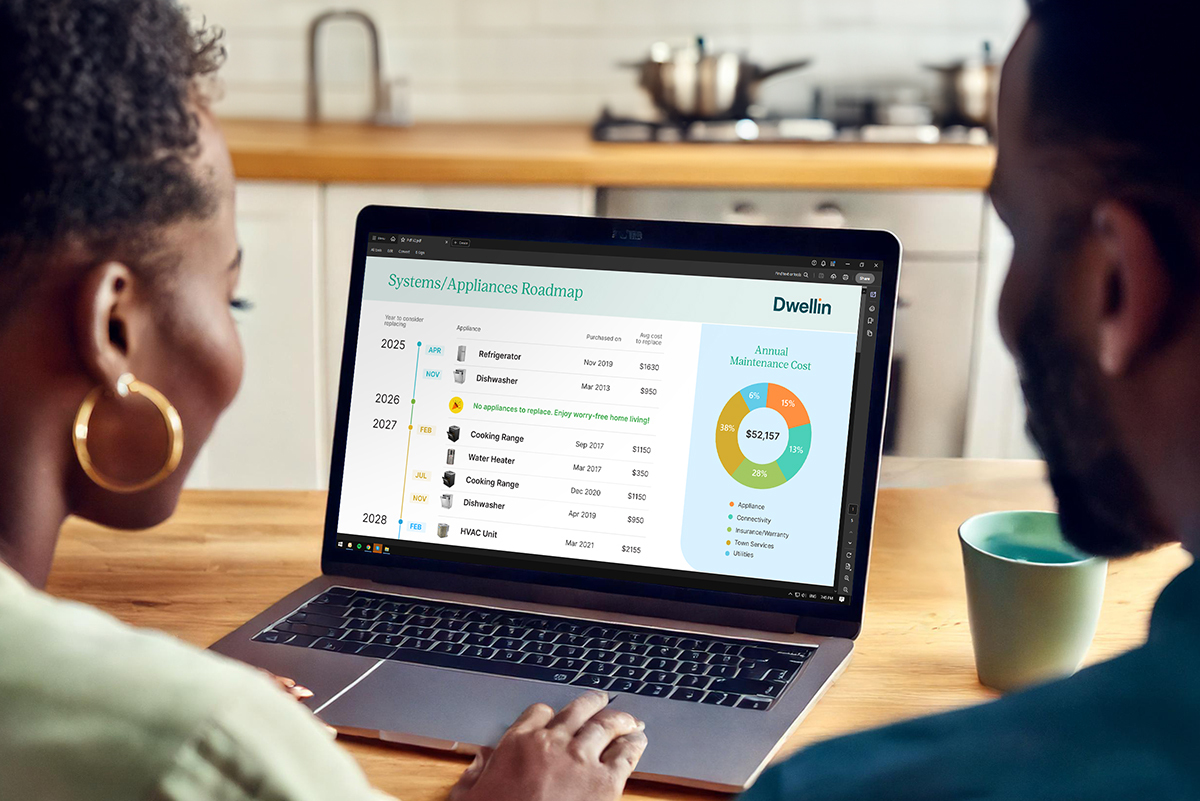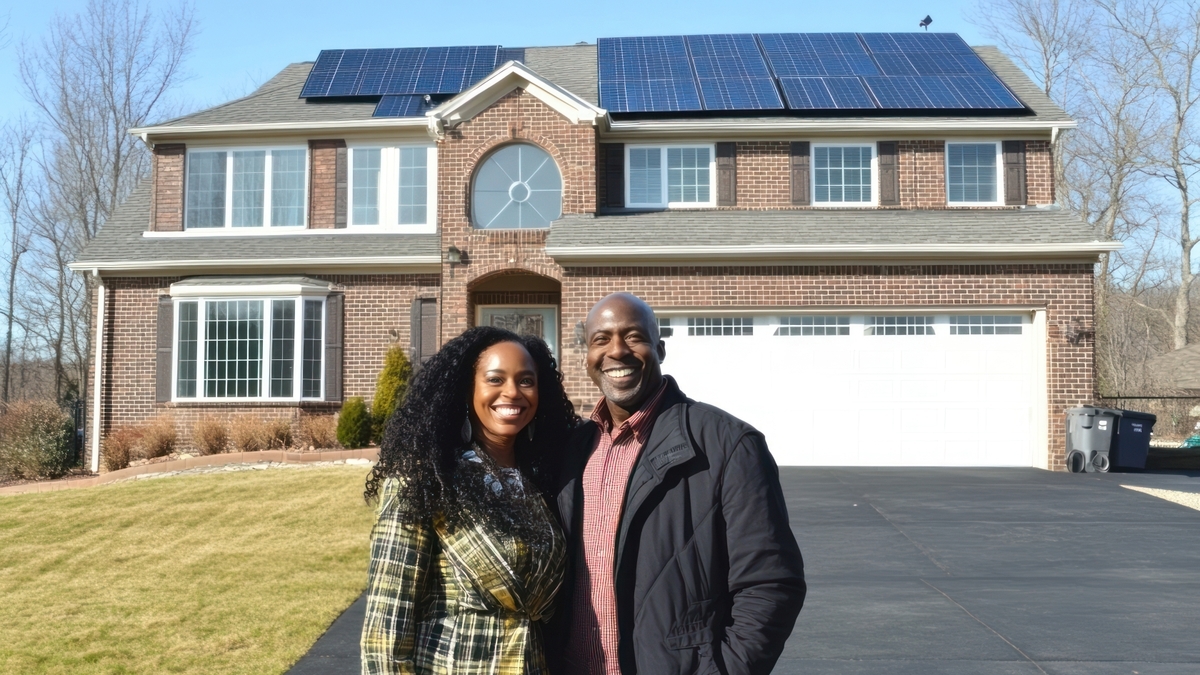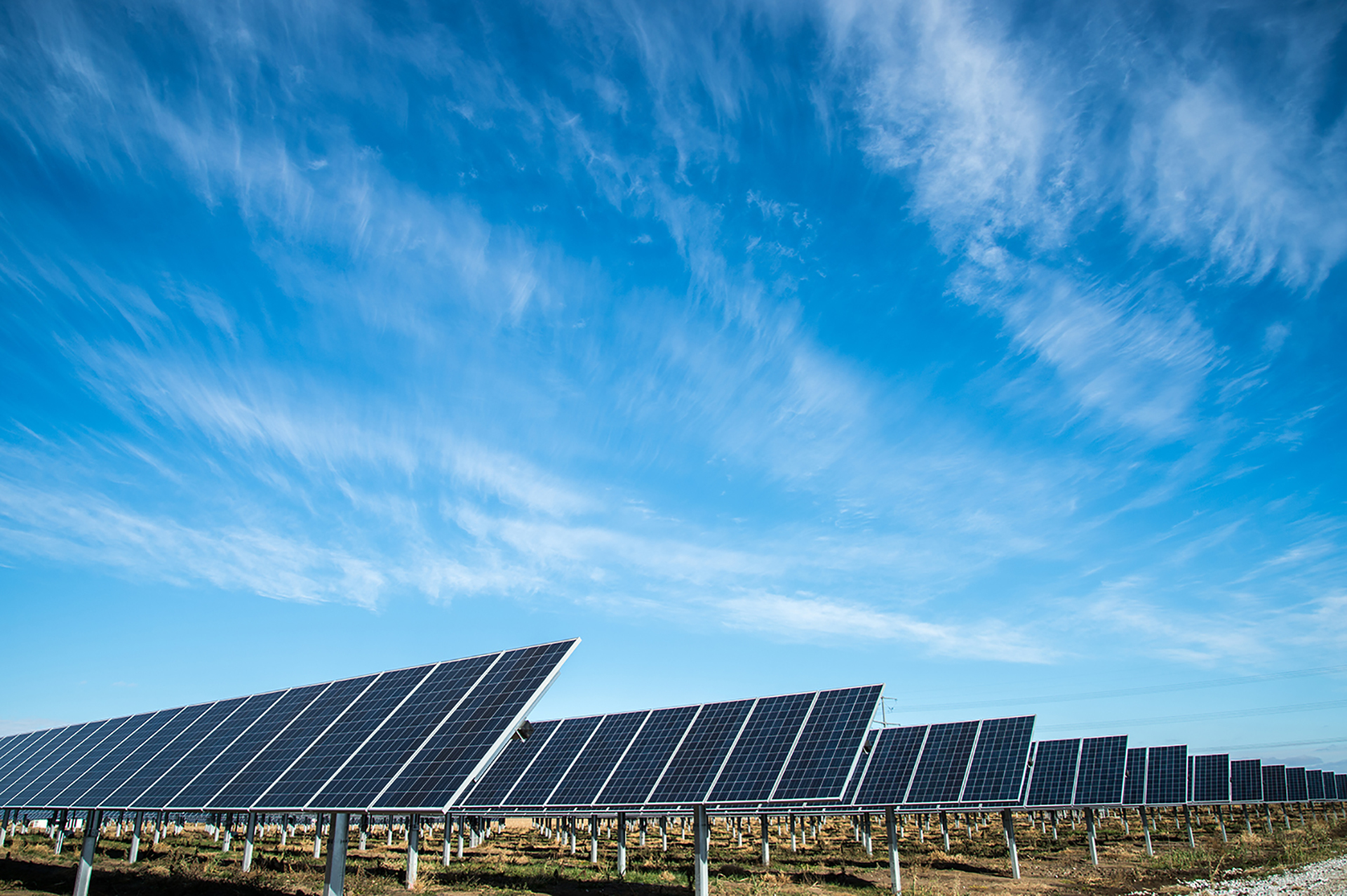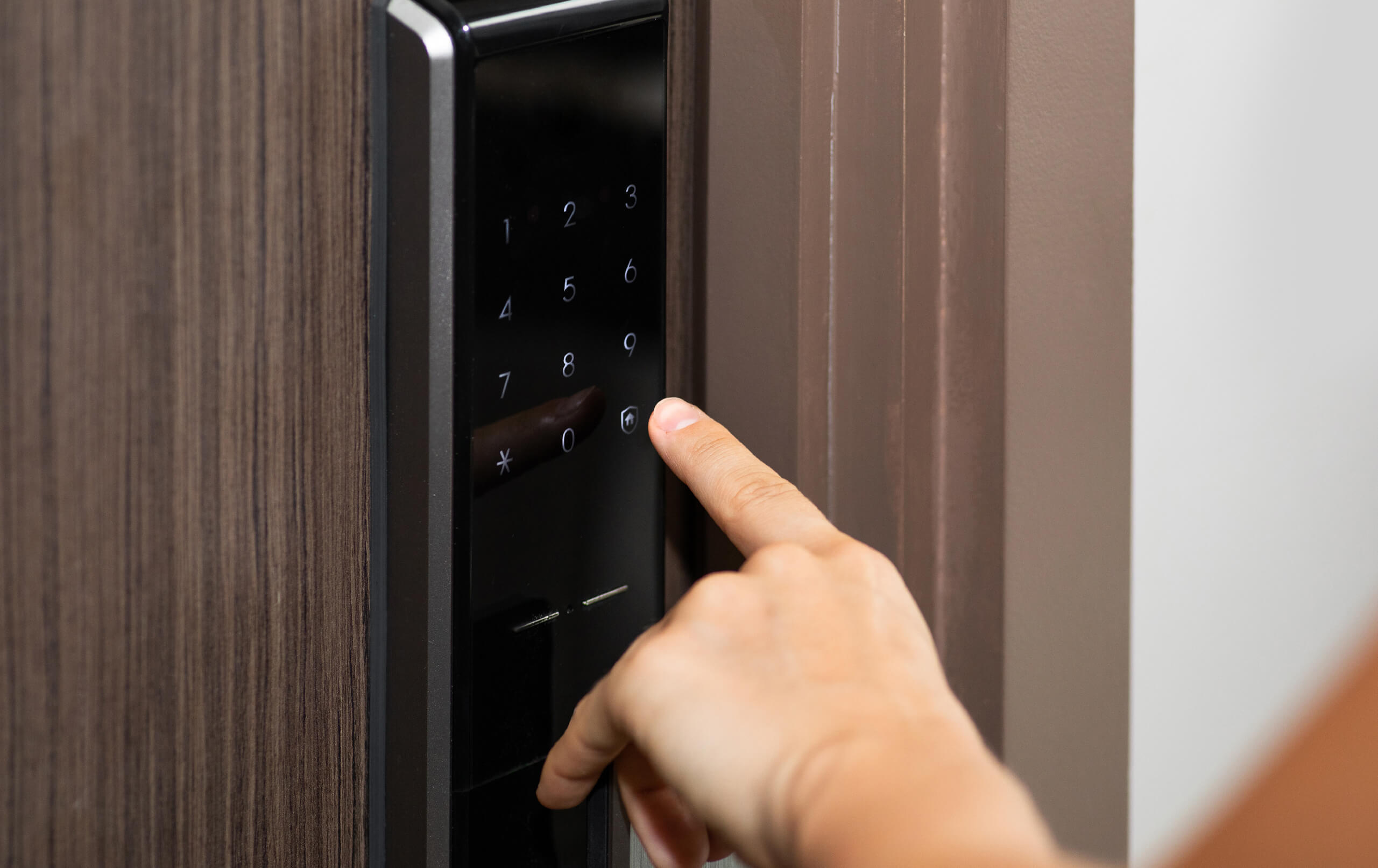How To Lower Your Energy Bill: A Short Guide
5 minute read
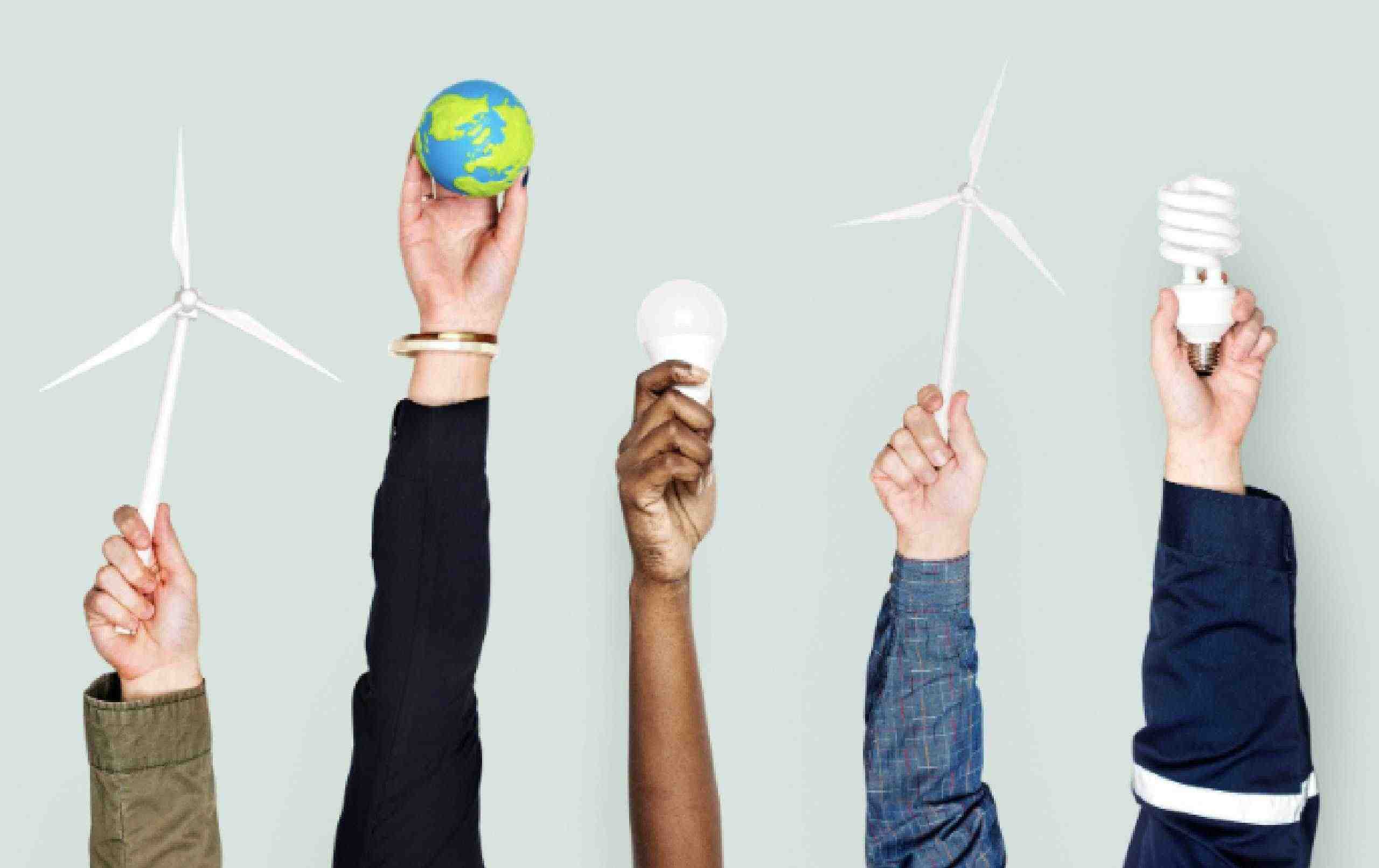
Living in the modern age of smart homes and the Internet of Things can cost you much more than you want. However, there are plenty of ways to save money on your monthly bills, whether you live in an apartment or own your home. In this post, we've put together a list of our favorite tips and tricks to lower your energy consumption and bills. Take a look!
Tips For Reducing Energy Usage
There are many ways to reduce your energy consumption. Some are simple, such as setting the thermostat a few degrees higher in summer and lower in winter. Others require more commitment and expense, such as installing solar panels or purchasing an efficient appliance. Here is a brief list of some helpful tips that you can incorporate to tone down your energy expenses -
Go for renewable energy sources
Renewable energy is often accomplished through solar cells and wind turbines, which are increasingly cost-effective and easy to use. The average American household could save over $100 annually by installing a solar water heater.
In addition to being better for the environment, investing in renewable energy sources also helps reduce our dependence on foreign oil, which can be a huge political issue and a financial burden when we have to pay more at the pump.
While it may seem like a lot of initial effort to switch from gas and electricity to solar panels and wind turbines, one of the biggest benefits is that once you've invested, it doesn't require any additional work. Keeping the lights on won't require constant trips to the store or lots of manual labor—it's just you and the sun!
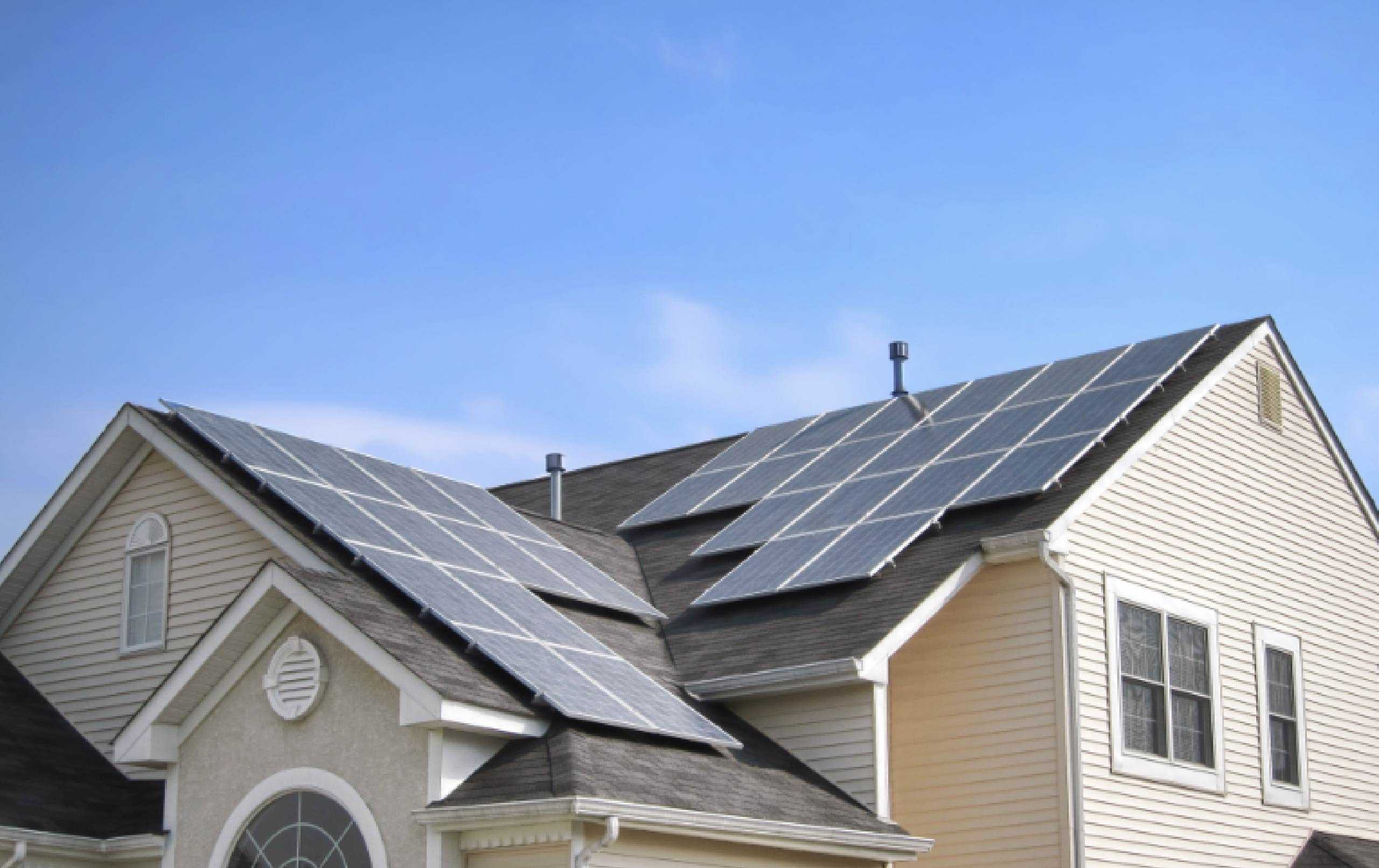
Choose energy-efficient appliances
Look for Energy Star-certified models if you're on the lookout for new appliances. The EPA says they can cut your utility bills by 10% to 20%.
Unplug electronics when not in use. Electronic devices draw power even when they're turned off, so unplug them when not in use. You can also buy smart plugs that turn off electronics automatically when they detect no activity over a certain time.
Turn the lights off when leaving a room. Leaving lights on wastes electricity and increases your electric bill. So turn them off when leaving a room or during the daytime if you won't be using them for an extended time.
Use natural light whenever possible instead of turning on lamps or overhead lighting during daytime hours. Open shades or blinds in rooms with windows so sunlight can come in naturally and reduce the need for artificial light sources that consume more energy than natural ones do.
Replace incandescent light bulbs with LEDs
Replace incandescent light bulbs with LEDs. LED bulbs use far less electricity than traditional bulbs and last much longer. You can find them at most hardware stores or online for about $5 per bulb. The upfront cost might seem high, but over time it'll pay for itself many times over. The average LED bulb costs $1 per year in energy savings compared with incandescent bulbs — that's more than 10 times less expensive than CFLs!
Turn off electronics when not in use. Computers, televisions, and other electronics continue to draw power even when they're turned off. To avoid wasting this unnecessary energy drain, unplug electronics when you're not using them or turn them off at the wall if you don't have an option to plug them out of sight behind furniture or appliances. It only takes a few seconds of effort each day to save hundreds of dollars per year!
Upgrade the insulation in the attic and walls
Upgrade the insulation in the attic and walls. Insulation reduces heat transfer through walls, floors, and ceilings and can help you save on heating and cooling around the year.
Install storm windows and doors. Storm windows and doors provide better protection against the elements than traditional windows because they have a layer of glass that's sealed with a rubber gasket around the edges. These seals help prevent air leaks during storms and high winds, which lowers heating bills in the winter months while also improving comfort levels indoors during the summer months.
Manage your thermostat to maximize savings
Turn your thermostat down at night or when you leave for work in the morning. Setting your thermostat at a higher temperature will allow you to save up to 10% on your monthly heating bill.
If you don't need heat or cooling during certain hours, consider installing programmable thermostats that automatically adjust temperature settings based on your schedule and ambient conditions inside and outside the home.
Use ceiling fans whenever possible to circulate air around the room rather than simply blowing cool or hot air directly towards you.
Reduce your water heating expenses
Water heaters can significantly impact your energy bills. You can try to lower your water heating costs by using less hot water, dialind down your water heater's thermostat, or insulating your water heater and the first few feet of your water pipes.
If you'd rather invest in a new water heater, consider two things: the sort of water heater that matches your needs and the fuel type it will use. For instance, tankless water heaters are economical in terms of energy use, but they are also a bad option for households with many people because they are unable to provide hot water for several people at once. Efficient water heaters can be anywhere from 8% to 300% more energy efficient than a traditional storage water heater.
Final thoughts
These tips may seem too inconsequential for now, but incorporating them will surely make a difference in the long run.
On another note, we'd like to end this blog by stressing how energy use and the environment are closely related. Lowering your energy bills can help you save hundreds of dollars. It can also conserve natural resources, prevent the devastation of ecosystems, and minimize the number of poisonous fumes generated by power plants when we use less energy. The reduced output of toxic pollutants like carbon dioxide from electricity-generating power plants is perhaps the most significant way that energy conservation benefits the environment.




